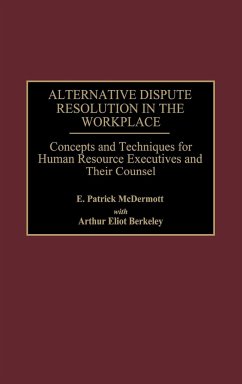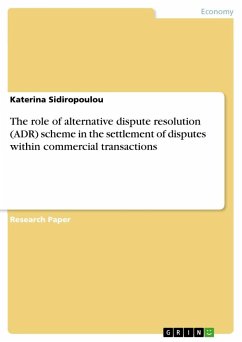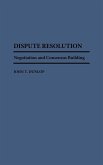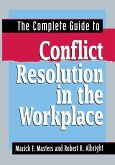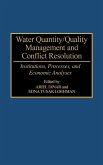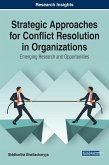With the explosion of workplace litigation and the skyrocketing costs associated with it, employers in both the private and public sectors are seeking new ways to swiftly and inexpensively resolve disputes with their employees. Alternative dispute resolution (ADR) procedures offer ways to do this and, according to recent reports, more than 100 major corporations have made use of them. Not only are the costs of trying a workplace dispute before a jury avoided, but also due process requirements have been observed. McDermott and Berkeley introduce executives to ADR, how it's done, and its benefits. This book will be interesting and important reading for executives and for legal counsel that may be unfamiliar with ADR. The reader is first introduced to the employment litigation revolution that is sweeping the country. The authors explain the various contextual factors that have caused this rise in litigation, including the Civil Rights Act of 1993, the Family and Medical Leave Act of 1990, and the Americans with Disabilities Act. Given this new legal environment, the book explores how ADR can assist an employer in avoiding or reducing the costs of employment law litigation. The subject of ADR is divided into mandatory and nonmandatory procedures. Finally, the authors discuss how an employer can introduce a binding arbitration procedure that diverts employment litigation from a jury to an arbitrator. Drafting tips and model clauses are included should an organization seek to develop a mediation procedure, arbitration procedure, or both.
Hinweis: Dieser Artikel kann nur an eine deutsche Lieferadresse ausgeliefert werden.
Hinweis: Dieser Artikel kann nur an eine deutsche Lieferadresse ausgeliefert werden.

